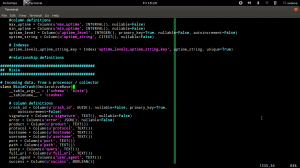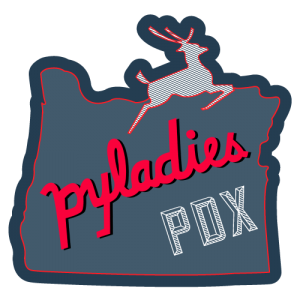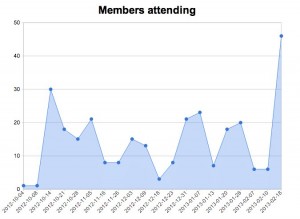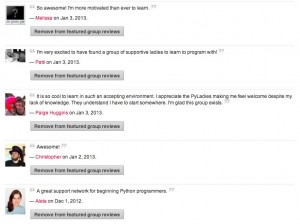This post was originally posted on Medium, a new blogging platform made up mostly of people who aren’t necessarily subscribed to Planet. So, please forgive the obvious statements, as the target audience are people who don’t know very much about Postgres. 
Wednesday May 23, with no fanfare, Tom Lane’s move to Salesforce.com was made public on the Postgres developer wiki.
For 15 years, Tom has contributed code to Postgres, an advanced open source relational database that started development around the same time as MySQL but has lagged behind it in adoption amongst web developers. Tom’s move is part of a significant pattern of investment by large corporations in the future of Postgres.
For the past few years, Postgres development has accelerated. Built with developer addons in mind, things like PLV8 and an extensible replication system have held the interest of companies like NTT and captured the imagination of Heroku.
Tom has acted as a tireless sentry for this community. His role for many years, in addition to hacking on the most important core bits, was to defend quality and a “policy of least surprise” when implementing new features.
Development for this community is done primarily on a mailing list. Tom responds to so many contributor discussions that he’s been the top overall poster on those mailing lists since 2000, with over 85k messages.
Really, he’s a cultural touchstone for a community of developers that loves beautiful, correct code.
Someone asked: “What does [Tom’s move] mean for Postgres?”
You probably don’t remember this:
Salesforce.com bases its entire cloud on Oracle database,” Ellison said, “but its database platform offering is PostgreSQL. I find that interesting.
When I read that last October, I was filled with glee, quickly followed by terror. I love my small database community, my friends and my job. What if Oracle shifted its attention to our community and attacked it, directly? So far, that hasn’t happened.
Instead, Salesforce advertised they were hiring “5 new engineers…and 40 to 50 more people next year” for a “huge PostgreSQL project.”
Tom’s move probably won’t change much for the day-to-day operation of Postgres itself. Hopefully, things are about to get real at Salesforce.
I’m a major contributor to Postgres. I started in 2006, learning about relational databases through work at a small bike parts manufacturer and ERP. My contributions include code, starting conferences, encouraging user group leaders and introducing Postgres to communities that otherwise would never hear from us. I’m a data architect at Mozilla.



